NLP, short for Neuro Linguistic Programming, holds the power to deliver happiness. Happiness for most is their Everest. Conquer it and everything falls into place. Though many ask, can NLP help you to heal your life for good?
Though if you’re not feeling right or you think that you’ve lost your mojo then sound the trumpets, because I’ve got some great news for you! If you can’t seem to generate the success you desire, you’ve got money challenges or you can’t start or keep your relationships? Read on because I’ve found the answer to all of your problems (well most of them I hope).
NLP means you can completely change your thinking and so improve your life.
Can NLP help you to heal? Well, let’s start with money problems.
About 15 years ago I had a serious poverty mentality. My parents were poor immigrants and money seemed to be a real problem in our family. I can certainly recall many flighty emotions around that topic. However, my problems didn’t stop there.
I used to be a target to bullies. So I also developed anger issues, sadness issues, anxiety, and numerous phobias which led to depression. I was a wreck. I seriously thought I was a mental mess. I have since discovered that we all need a friend. When you don’t serve the inner friend, you go looking for one outside of you to fill that hole. I found alcohol and drugs. While my situation was pretty crappy already, the drugs and alcohol made them much, much worse.
I needed a solution. I so wanted to start feeling ‘normal’, though in truth back then I couldn’t tell you what normal was. I couldn’t even tell you who I was!
“I felt like a keg of dynamite and my fuse was getting shorter!”
I tried the traditional medical system without success. It just seemed that for every problem there was a pill. Don’t get me wrong, I’m not anti pharmaceuticals as I believe everything has its place and use, it’s just that I already had a whole lot going on in my mind and body and I didn’t want to create any further chemical disruptions. My anger issues were getting worse and I felt like a keg of dynamite and the fuse was getting shorter.
A good friend suggested some alternate therapies and I tried many of them, far too many of them to list here. Nothing seemed to get me feeling ‘normal’.
Again, I’m not poo-pooing alternate therapies either, as I believe they certainly have their place in our society too, they just didn’t seem to get me on my feet. I then came across an article in Psychology Today Magazine that said, “NLP is the most powerful vehicle for personal change in existence.” It got my attention! I read on and discovered that NLP was an acronym for “Neuro Linguistic Programming”. I had heard of it, but frankly, I didn’t know much about it. It’s amazing how when you’re really committed to finding an answer, the right one soon arrives. I wanted to know, “Can NLP help you to heal for good?”
The answer came from a trusted friend who offered me a ticket to an NLP introductory weekend and within just hours of hearing all about NLP and experiencing it live, I was gob-smacked by what you could do with NLP. I immediately signed up for all the trainings; “NLP Practitioner, Masters and Trainers training” – you’ve got to remember, I was desperate and this seemed like a positive way forward and thankfully it turned out perfect!
The decision was so right that not only did I move forward, I never looked back. In Practitioner training I learned how to actually speak to my mind so that I could alter the programming that was causing my issues and giving me so much grief. I didn’t realise that your brain only responds to 6 methods of communication and your language must be structured in a specific way to get great results.
I also learned to change my core beliefs that are responsible for so many unwanted behaviours. I saw the proof in changed outcomes. A very exciting moment for me was learning how to change how I viewed the past; it was like a massive weight was removed from my shoulders. Then another life changing shift occurred when I learned how to shift my values in my Master’s training. This helped me to more than double my income. Mind you, the rapport and communication training in NLP Practitioner and changing (in essence) my operating system had a huge influence too.
My relationships are much better these days, with others and myself. Anxiety, depression, sadness and anger issues are gone. I’m not saying I don’t get a little low or angry from time to time, but these days I can manage my emotions and things don’t seem to affect me as they once did.
I became so impassioned by NLP that I kept learning it until I ran out of training and my only option was to start teaching it. My life is like chalk and cheese these days and I’m so happy that I can help others by helping them to make a positive influence in their lives. I can now produce the income I used to earn in a year, in just a weekend. I know that might be hard to believe for some of you – and that’s the very reason you don’t achieve it. My trainer used to make between $3 million and $6 million in a weekend – at the time I hardly could believe that, even though the evidence was right before my eyes!
I now live where I want to live (by the beach in southern NSW), I live with the love of my life and my two gorgeous girls. Though let me dull the picture for you a bit. I still have my challenges from time to time, but I now have NLP tools to help me. Each tool is designed to reimprint your past; change your beliefs; remove conflicts; build rapport; illicit your values; improve the quality of your communication; see more than most will ever see; and help you to create your ideal self.
If you’re interested in learning NLP, let me share one disclaimer. NLP is a set of powerful tools and insights and you may hear of some negative publicity around it. Just as there are good teachers, there are also bad ones. In the wrong hands, these powerful tools can be used to manipulate so my suggestion to you, is find someone to teach you NLP that you get a sense that they’ve got a big heart and they really care about people and the future of the planet and its well-being.
So if you’re having some challenges take heart, there is a solution, give NLP a go. Trust your instincts and reinvigorate your faith in yourself because there is always an answer and a solution. I love the question that Neale Donald Walsch asks when a problem arises, “What would love do now?” Yes, Tony Robbins is certainly right, “The quality of your life comes down to the quality of the questions you ask yourself every day.” I urge you to follow your heart, learn NLP and you’ll conquer your Everest and find happiness. It will be somewhere on your journey. Just keep looking, it’s closer than you think.
Rik Schnabel is an internationally recognised and nationally accredited NLP Trainer.


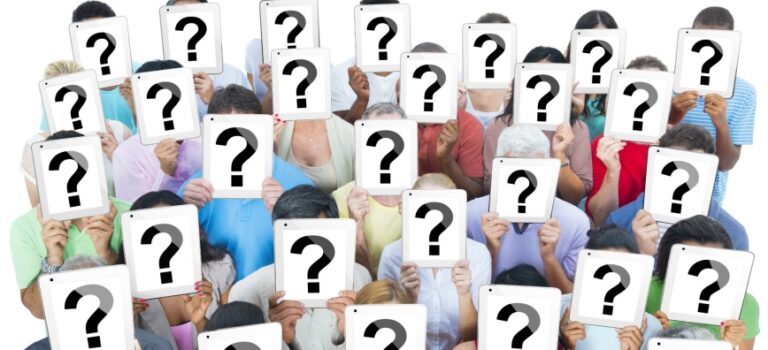

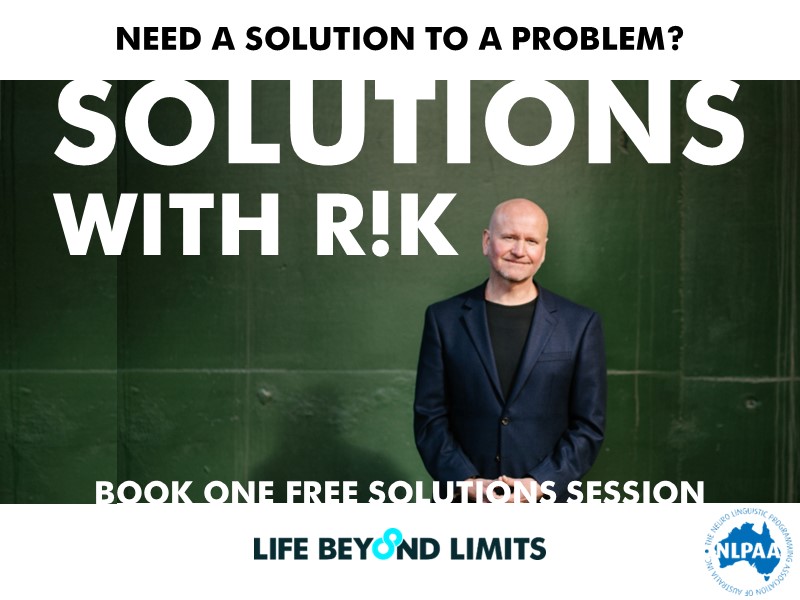
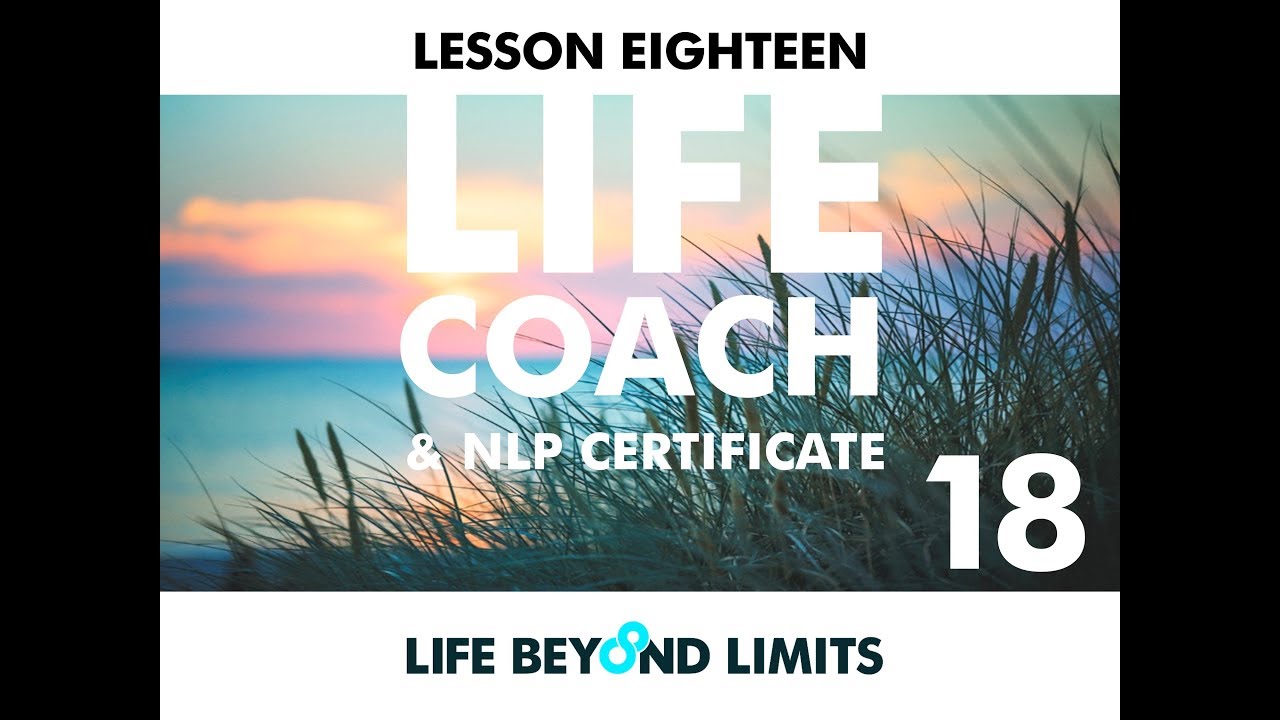
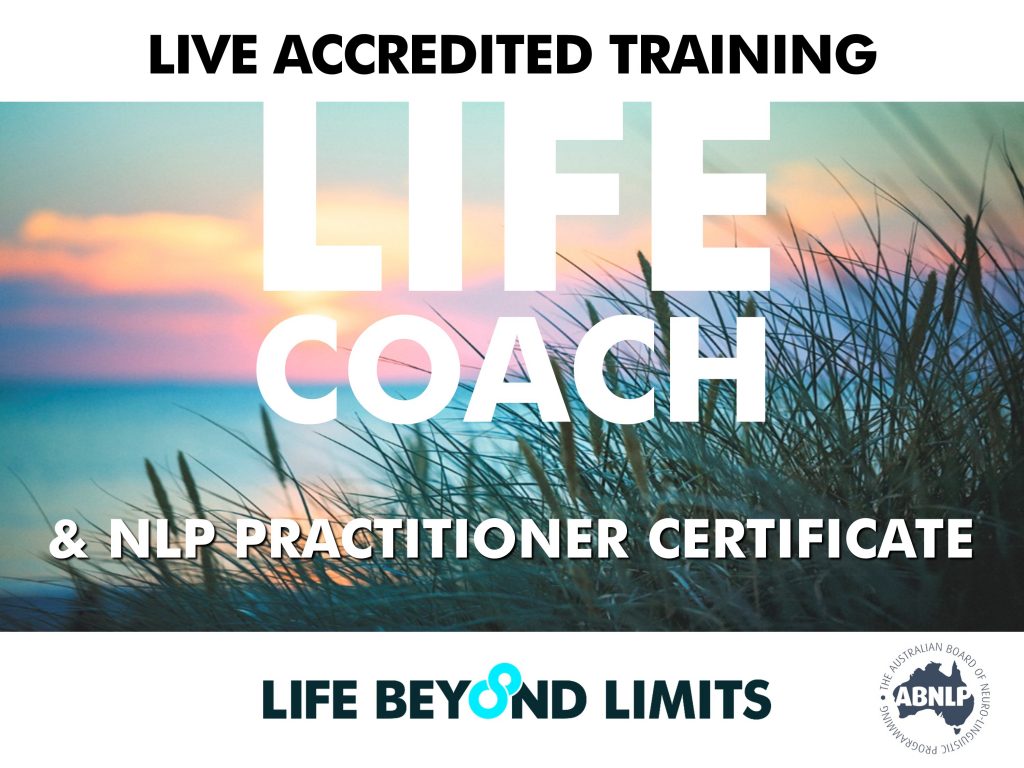
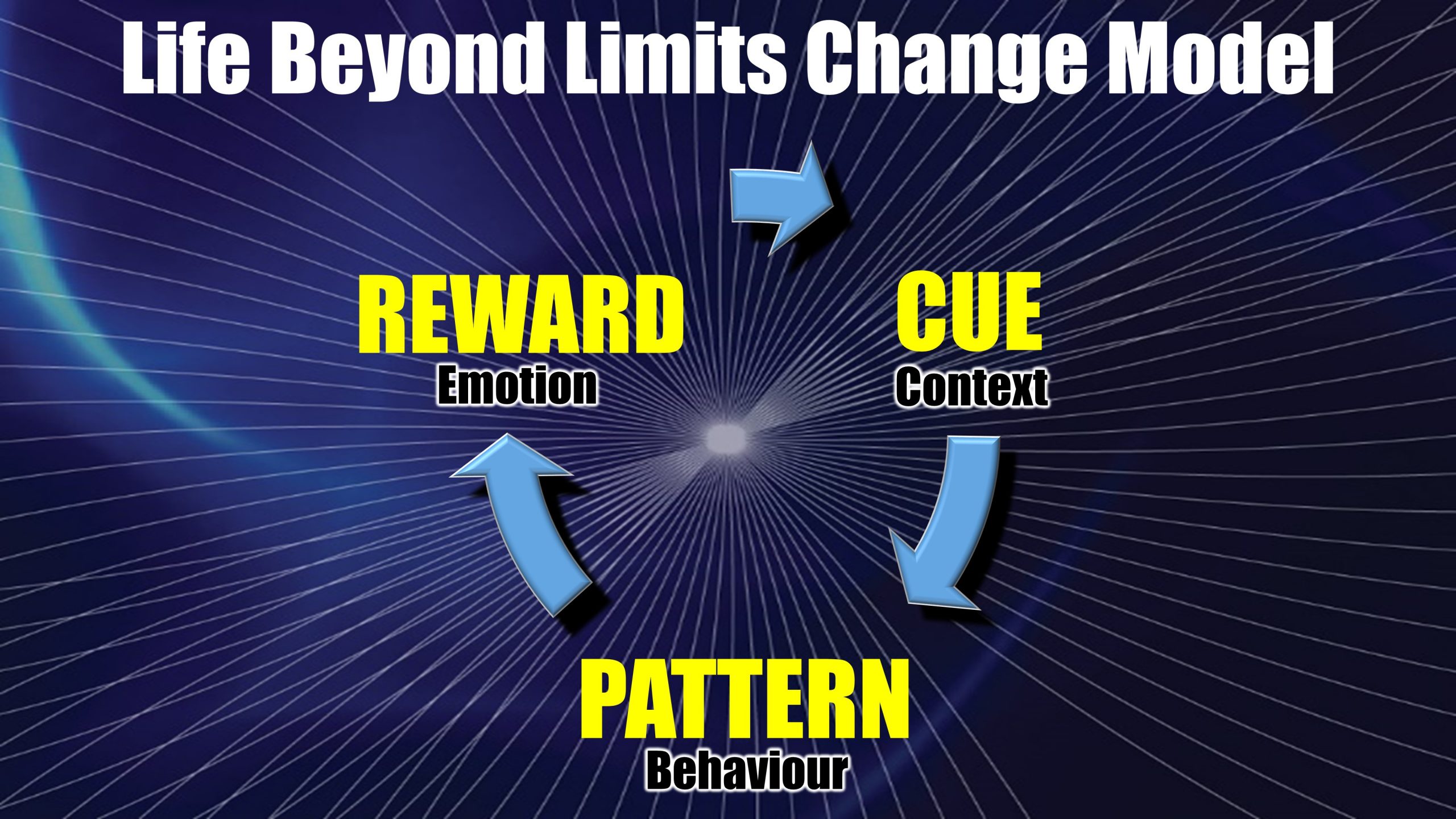
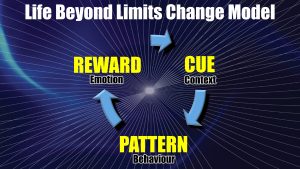 atterns help us to function without consciously thinking about what we’re doing – patterns are held in the unconscious. Patterns maintain the status quo and they’re the very reason we keep on doing the same things. Patterns are also the reason we so often don’t get what we consciously want. It’s also why new year’s resolutions don’t stick. We get stuck in our patterns and, without the tools or the know-how, we get ourselves into ‘ruts’. Ruts are merely patterns we want to break, but don’t know how. Here are some simple ideas for you to create an NLP success pattern and enjoy the best year yet.
atterns help us to function without consciously thinking about what we’re doing – patterns are held in the unconscious. Patterns maintain the status quo and they’re the very reason we keep on doing the same things. Patterns are also the reason we so often don’t get what we consciously want. It’s also why new year’s resolutions don’t stick. We get stuck in our patterns and, without the tools or the know-how, we get ourselves into ‘ruts’. Ruts are merely patterns we want to break, but don’t know how. Here are some simple ideas for you to create an NLP success pattern and enjoy the best year yet. 
 A wealth mindset is a contentious issue for most, though my question to you today is simple. Is wealth hard or is it hard-wired into your mindset?
A wealth mindset is a contentious issue for most, though my question to you today is simple. Is wealth hard or is it hard-wired into your mindset?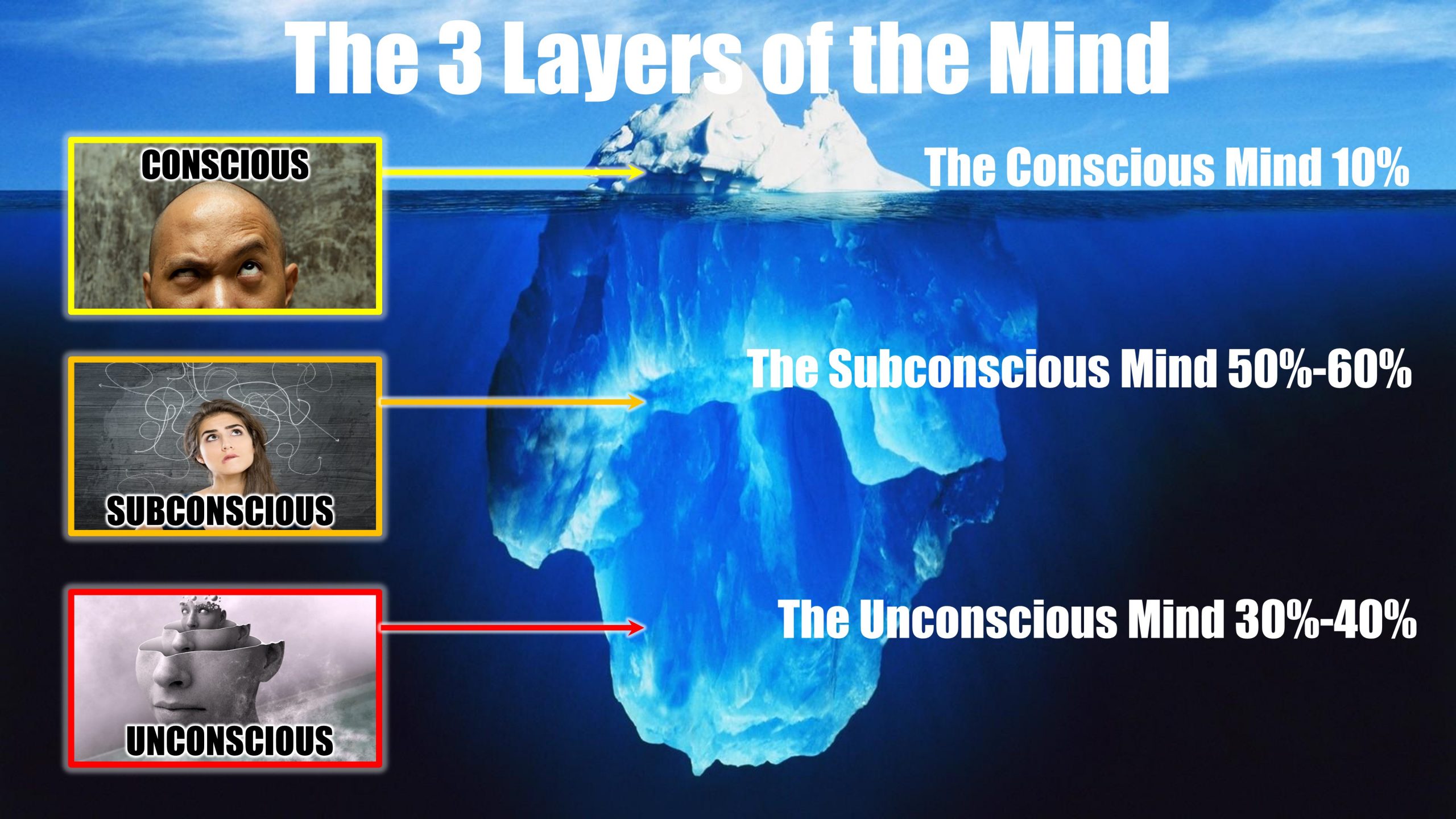
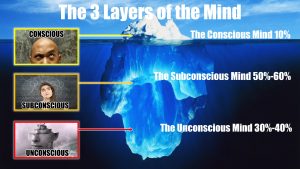 Our habits, beliefs, values and all the decisions we have ever made make up our neural blueprint. That schematic is what determines everything we do and don’t do and is found in the Unconscious Mind. So how can we create permanent change by accessing the bottom of our metaphorical icebergs?
Our habits, beliefs, values and all the decisions we have ever made make up our neural blueprint. That schematic is what determines everything we do and don’t do and is found in the Unconscious Mind. So how can we create permanent change by accessing the bottom of our metaphorical icebergs?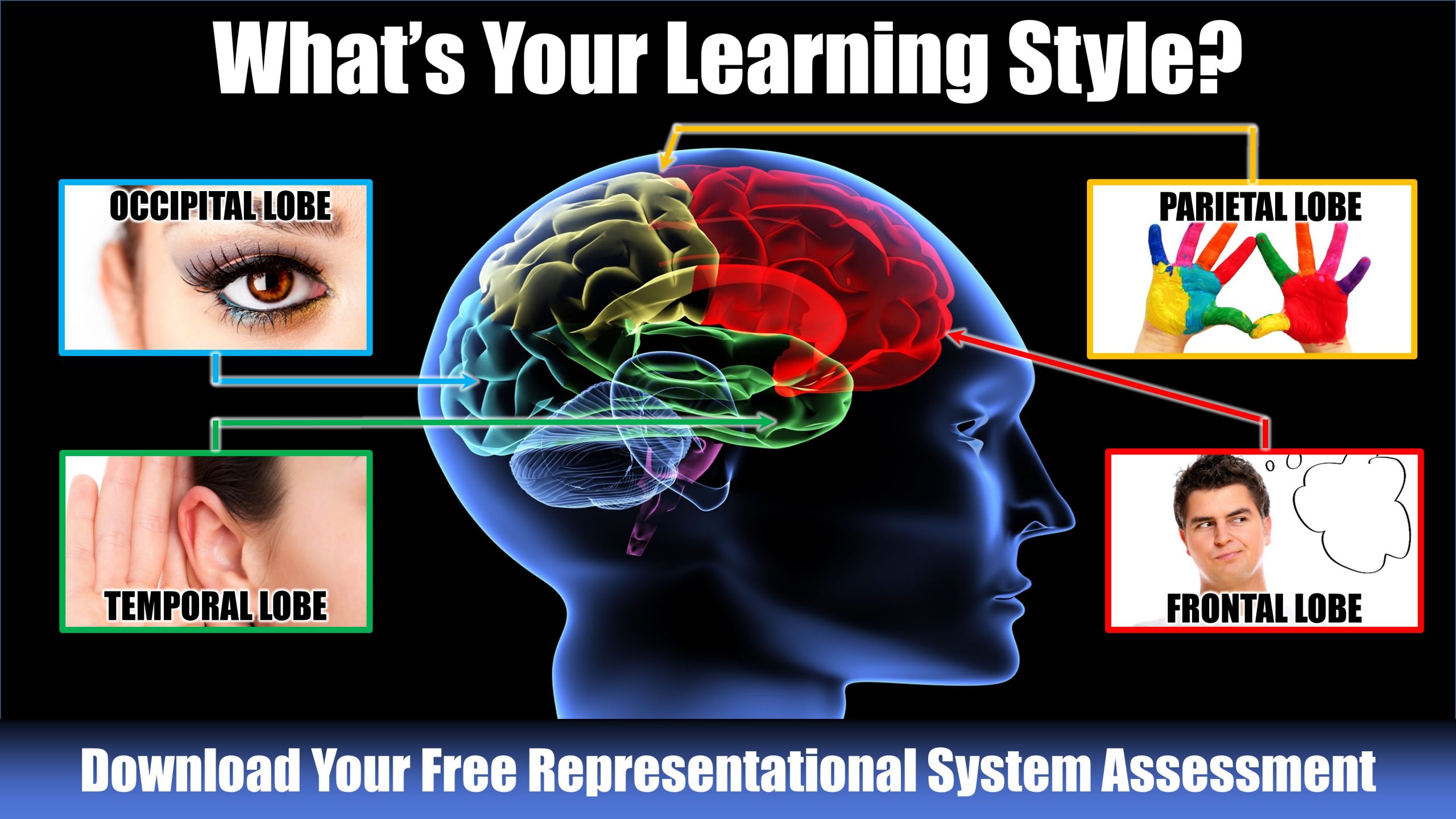
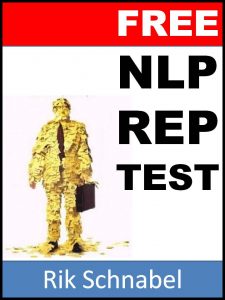 “Learning styles” also known as our “representational systems” determine how we learn. Some of us take in more information through our eyes, we call them “Visual” while others are predominately “Kinesthetic.” Kinesthetic learners consume information more easily through physical exercises and need to wriggle or move to improve retention.
“Learning styles” also known as our “representational systems” determine how we learn. Some of us take in more information through our eyes, we call them “Visual” while others are predominately “Kinesthetic.” Kinesthetic learners consume information more easily through physical exercises and need to wriggle or move to improve retention.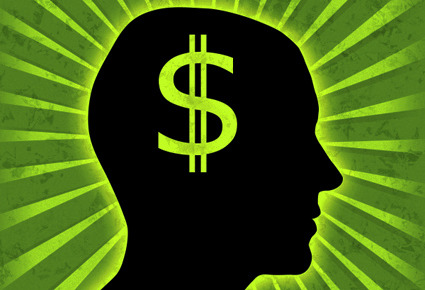
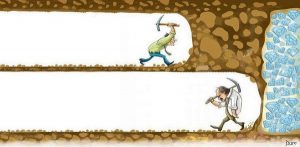 If you believe you are worthy of being rich, you will earn more; save more; and invest more. You, in essence, will have attained a rich mindset. While these words are easily typed, they are much harder to attain. Though with the right tools, anything is possible.
If you believe you are worthy of being rich, you will earn more; save more; and invest more. You, in essence, will have attained a rich mindset. While these words are easily typed, they are much harder to attain. Though with the right tools, anything is possible.
 Transformational questions liberate us. Mental pain comes from resistence.
Transformational questions liberate us. Mental pain comes from resistence.